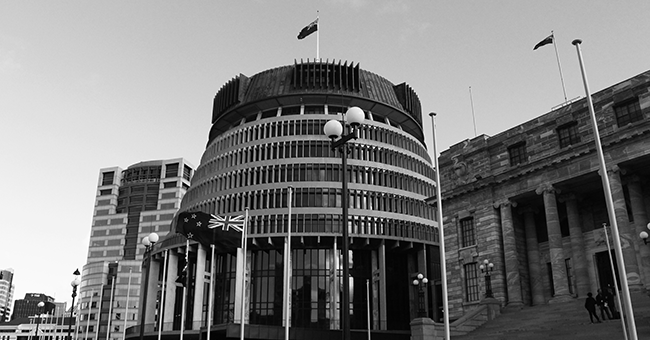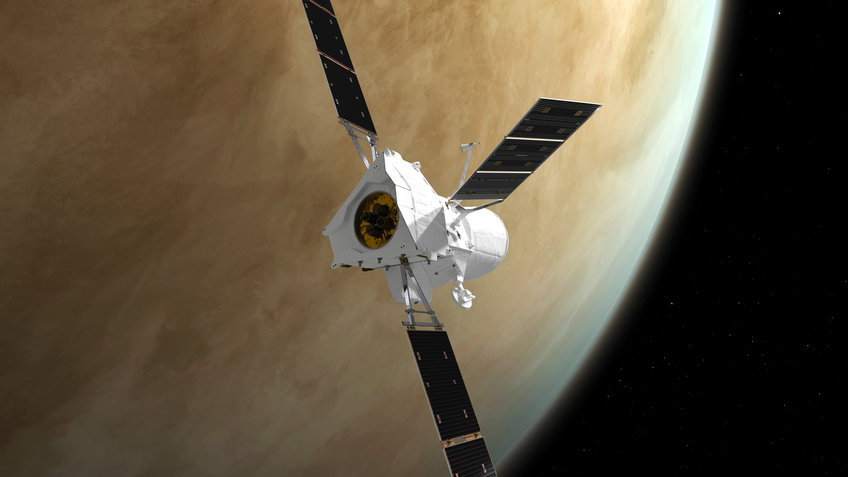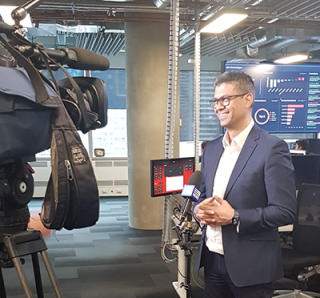Real cost would come from ignoring emissions standards, and would be paid by Australian drivers
Australia will become the world’s dumping ground for inefficient, high-exhaust, high-running cost vehicles unless fuel efficiency standards are introduced, the Electric Vehicle Council has noted today.
The Council was responding to a report in the Daily Telegraph today, suggesting car manufacturers would incur heavy costs if Labor’s proposed 105g CO/km emissions standard was introduced.
Electric Vehicle Council CEO Behyad Jafari said the true cost would come if Australia continued its failure to pass sensible fuel efficiency standards.
“Labor’s proposed efficiency standards are relatively conservative when viewed in the global context,” Mr Jafari said.
“The extremist position would be to retain the emission free-for-all that currently exists. Australia is one of the only developed nations without a fuel efficiency standard in place.
“What this means is that Australia becomes a magnet for fuel-guzzling, high-emission vehicles. So without emissions standards you know who bears the cost? Australian drivers when they fill up.
“Labor’s policy on efficiency standards would only bring Australia into the global pack. The US and the EU have had efficiency standards for a generation now.
“Debating the introduction of well-established standards that are proven to bring down costs for drivers makes Australia an international laughing stock.
“Like most things in life, there is a cost to action and a cost to inaction. In this case it’s abundantly clear to any impartial observer that the cost of inaction is much greater.”
Mr Jafari called on the Liberal Party to honestly clarify, based on its previous position.
“Treasurer Josh Frydenberg knows the real equation here. That’s why he said in 2017 that if Australia had fuel efficiency standards in line with comparable nations, ‘estimates of the fuel saving per passenger vehicle could be above $500 per year, or nearly $28bn in total by 2040′”








